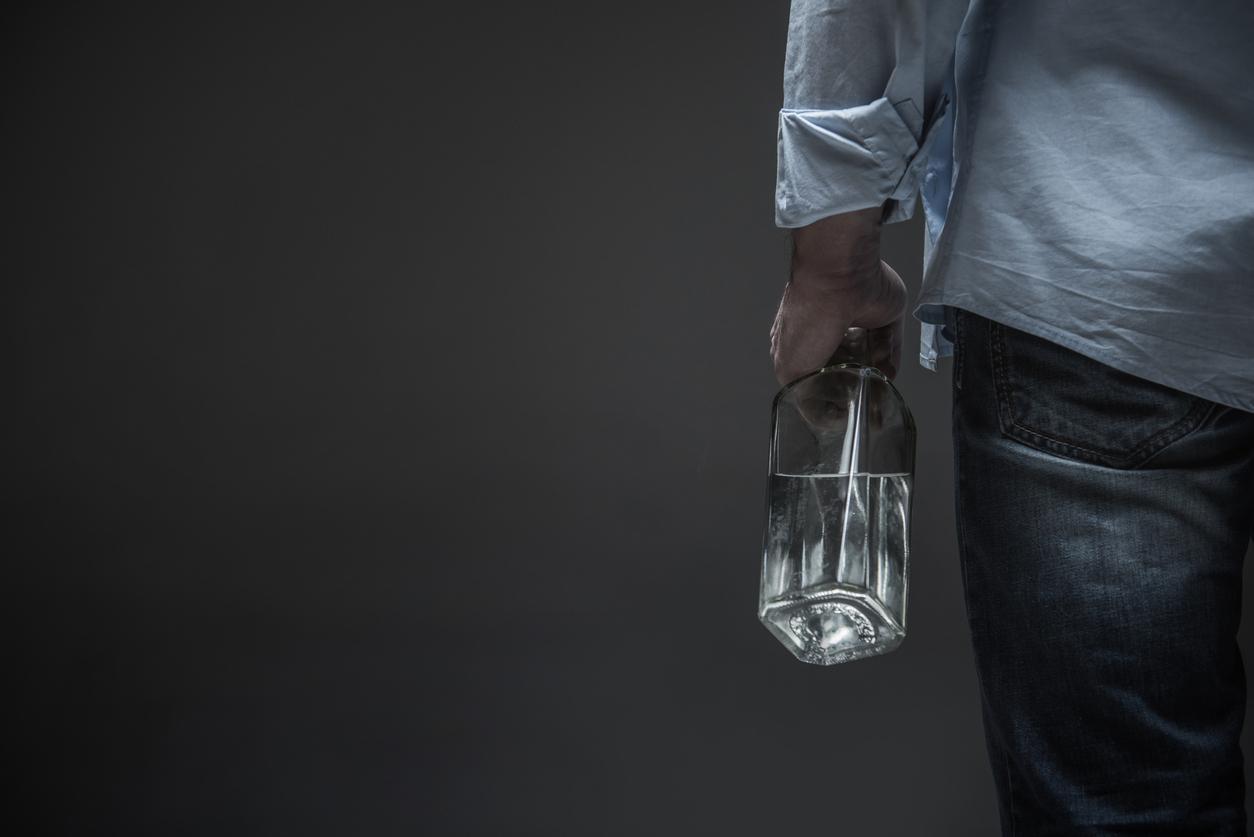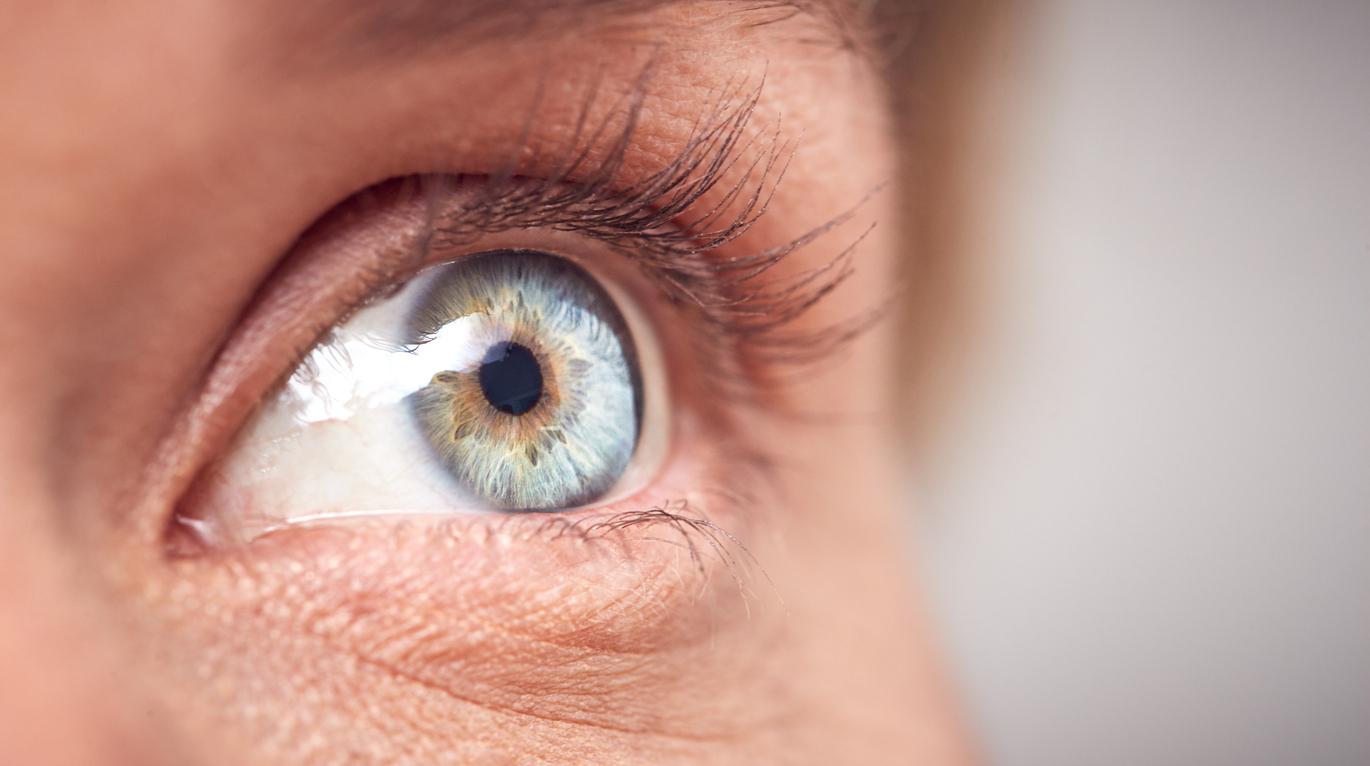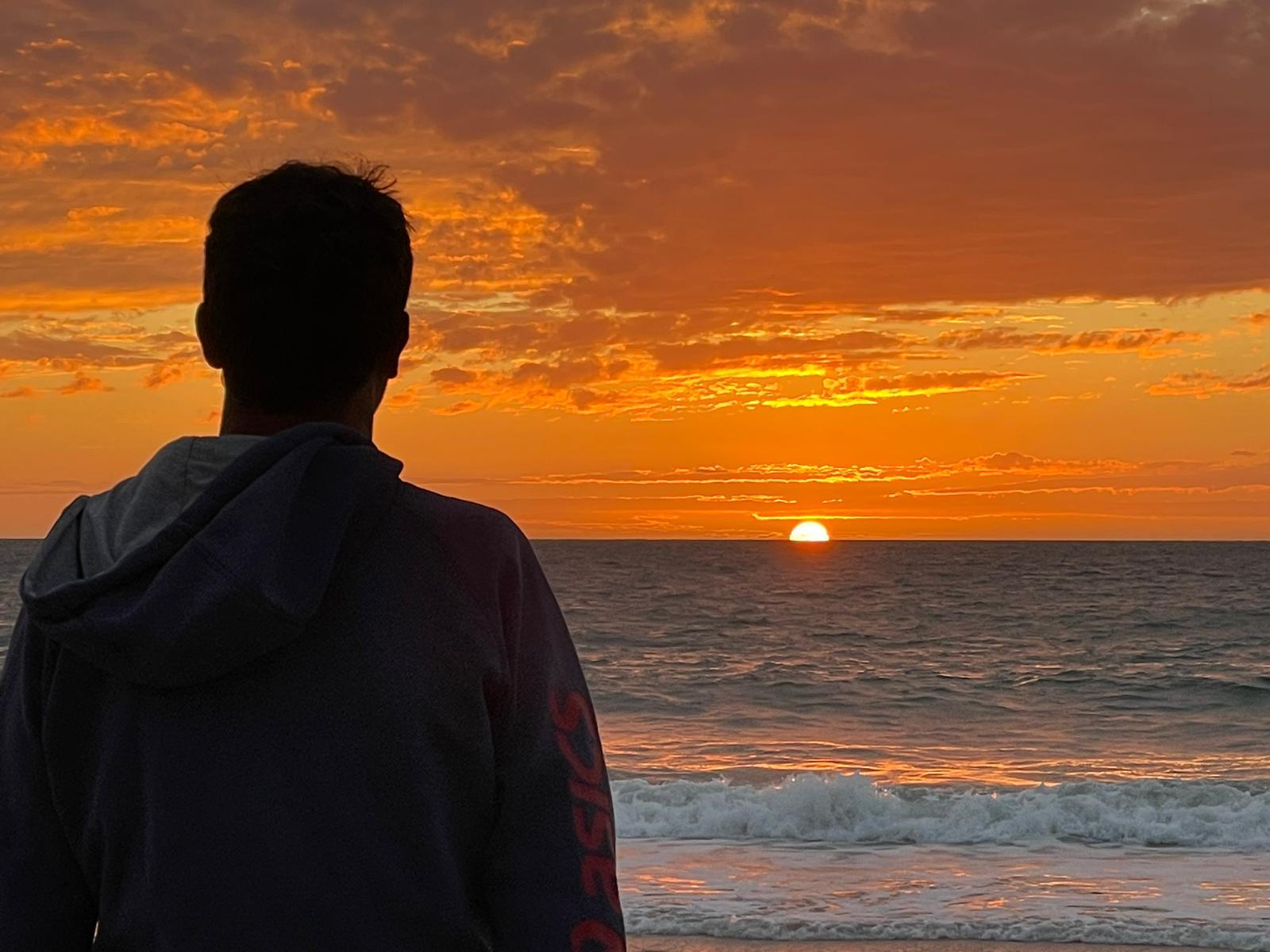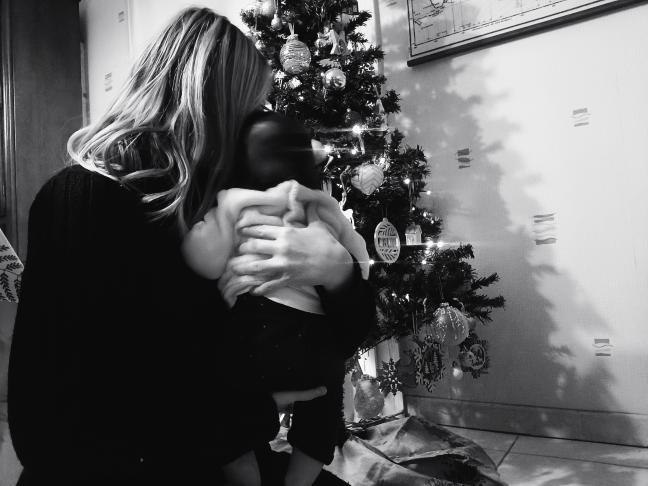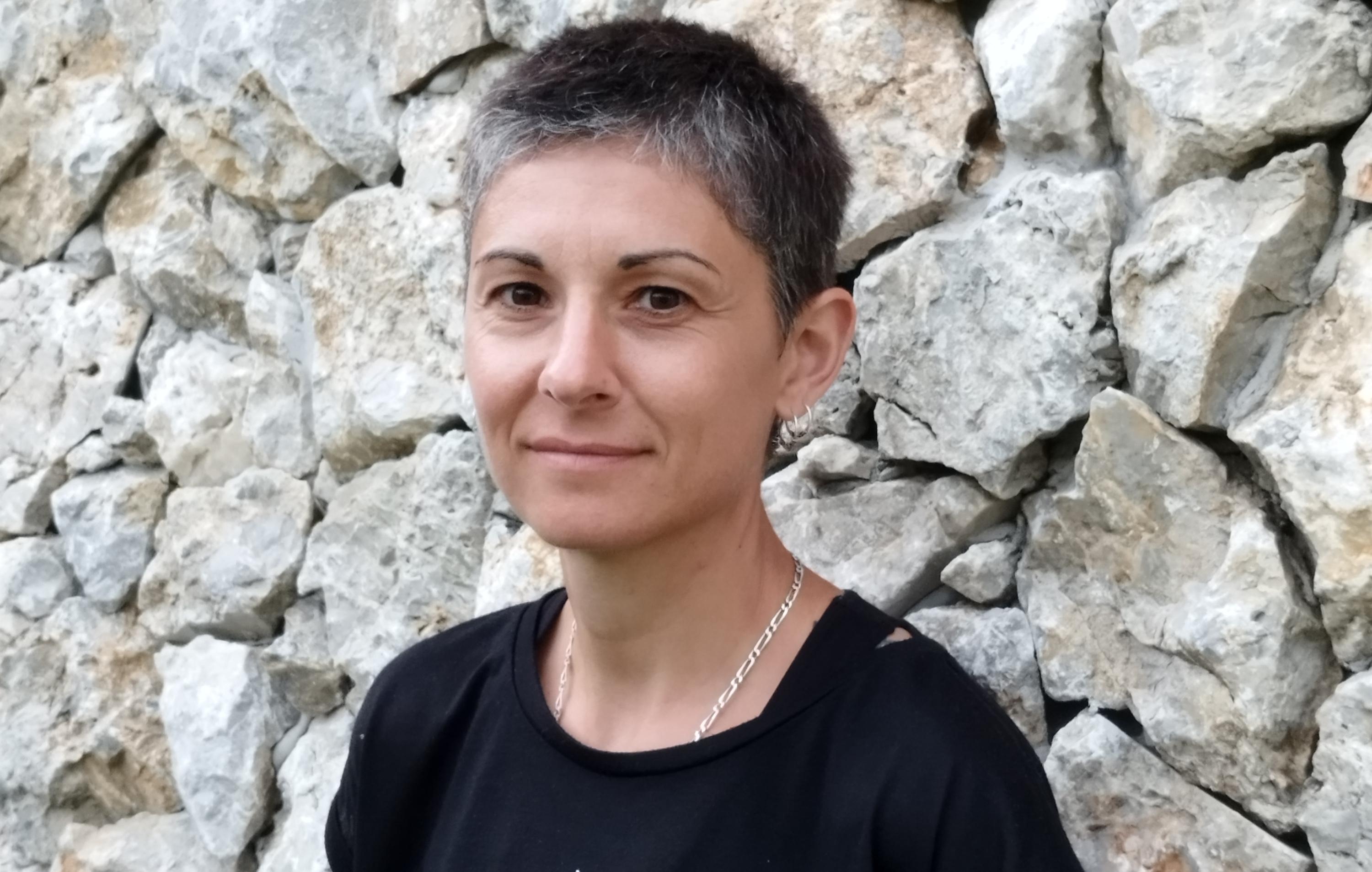During her adolescence, Céline first became visually impaired and then blind. She tells us how she turned this handicap into a strength.

- Due to bilateral retinal detachment, glaucoma and uveitis in her right eye, Céline became blind around 19 years old.
- Despite having a diploma, the patient has difficulty finding work due to her acquired disability. After sending 80 applications, she only obtained one interview at the Valentin Haüy association where she landed the position of librarian.
- Although she tries to lead as normal a life as possible, she still notices that being blind has an impact on her love life.
“It all started at the age of 9. I could see less well in my left eye, but I didn’t realize it because my body had adapted. Gradually, my vision also dropped to the level in my right eye. At twelve and a half years old, I became visually impaired.remembers Céline, now 45 years old. In question? A bilateral retinal detachment from which his mother, also myopic, his three first cousins and his great-uncle were also affected. “Doctors had mentioned a genetic predisposition, but this was never sought or proven. Following this sudden reduction in my visual acuity, I was operated on eleven times, including six times in July and August 1991.” The Parisian benefited from scleral cerclage, a repair procedure which involves attaching a piece of silicone or a sponge to the white of the eye. “At the time, what mattered most was medical success and not patient comfort. But because I was in too much pain, they had to take it away after two days.” At the same time, the teenager developed glaucoma, which causes pain, and uveitis (inflammation of the uveal tract) in her right eye.
Visual impairment: “It helped me to grow faster than others and above all to assert myself”
Having pain, spots of color on her field of vision and not being able to clearly see what she has in front of her, the young girl takes treatments, notably cortisone, which helps her “makes you gain weight and volume”. In addition, she is forced to use new tools to see better. “Since the school was not adapted to the problems I was facing, my parents, who were particularly helpful and facilitative, bought me a magnifying glass which I used to write. They also bought magnifying glasses mounted on glasses at the optician, which allowed me to have bifocal lenses. Suffice it to say that at that age, the age of the first kisses, I was not seeing any boys. teenage crisis to my parents, because I had other problems to solve!” LThe patient remembers that her mother, who was very present, had to follow her throughout her schooling. “Every evening, we had to photocopy my girlfriend’s lessons so that I could copy them before the next day. It was always a double day.”
Despite an obvious visual impairment, she takes “almost systematically” reflections from his teachers. “I didn’t have the same grades as the others, because I had difficulties, but they weren’t taken into account. The only time they took them into consideration was during the exams during which I I benefited from third time But again, there was a problem. The members of the establishment had not arranged my schedule well. Result: I only had 20 minutes for lunch. deplores Céline. At school, some jealous students also claimed that teachers tended to grant him unjustified favors. “Favoritism also mentioned by the mother of a student. One day, she complained because I was second in the class, despite my absences, and that her daughter had bad grades. She did not understand how I , visually impaired, I excelled in different subjects. All this helped me to grow faster than others and above all to assert myself, because being disabled is not seen by society.”
After having “sent 80 applications”, Céline, blind, only manages to get one interview
It was later that the assistant to the head of the media library the Valentin Haüy associationserving the blind and visually impaired, presents blindness. “I completely lost my sight around 19, I don’t remember exactly. Even though I was no longer independent at all and I needed the help of my parents, in particular my mother, I experienced it better than being visually impaired When my eyesight suddenly declined at 12, I was in denial. In several situations, I did not. failed to say that I was visually impaired. For example, one day I hugged a lady in the street thinking she was an acquaintance. Since I couldn’t see well, I didn’t. I didn’t realize that wasn’t the case. Before I even said anything, I sensed that she was upset, but she didn’t know that I was visually impaired because of my disability. was invisible. This was no longer the case when I completely lost my sight. Now I could assume it by carrying a white cane, people knew directly that I was blind. However, this does not prevent him from being subjected to inappropriate acts or having to answer unwelcome questions. “Regularly, strangers in the street ask me if I have been blind since birth. Others even allow themselves to touch me without having spoken to me.”
After obtaining her master’s degree, the Parisian decided to set foot in the world of work. “Over several months, I sent out 80 applications in total.” Although her acquired disability is recognized by the Departmental House for Disabled People (MDPH), she only receives one favorable response: that of the Valentin Haüy association serving the blind and visually impaired as a library assistant, before becoming responsible two years later. “The fact that no one deigned to grant me an interview, because of my disability, shows that companies are not that open-minded!” Following the interview, she got the job. “I was happy, because somewhere, I always knew that I wanted to be the Nelson Mandela for blind people. As a librarian, I help them have easier access to culture, which is not always possible. not possible, for example, museums are not suitable for us.”
“I am still in contact with my childhood friends”, but “it’s more complicated emotionally speaking”
As for her personal life, Céline, who is followed at the Quinze-Vingts national ophthalmology hospital center in Paris, says she “quite selective in nature. This is why I have not lost many close ones. I still see and am in contact with my childhood friends. On the other hand, it is more complicated emotionally speaking. It is difficult to do meetings in real life, because it is not easy to move around, and to go to sites or applications since they are not designed to be read by my adapted software. In general, we always end up in a relationship with someone who has the same disability as us.”
Despite these professional and personal consequences, the forty-year-old makes sure to lead as normal a life as possible. “I have lived alone for 18 years, I have always managed to get by. I have several tools that help me on a daily basis: raised marks on the microwave, cooking plates with knobs to turn, a color detector for putting black or white socks together, a liquid level detector for drinks, such as tea, a talking bathroom scale and kitchen scale At work, I use software adapted to my disability. , I have a Braille screen or even a voice-enabled smartphone. Outside of my working hours, I even go to the swimming pool with members of the association. Because yes, blind people have the same rights. the others: education, leisure, citizenship…”








